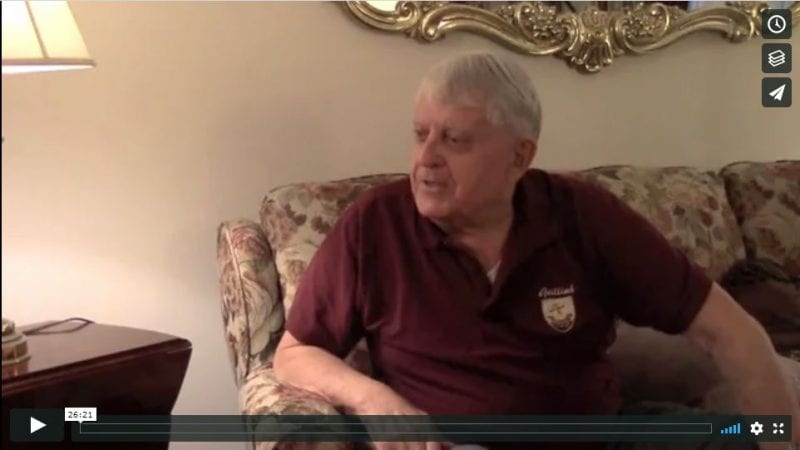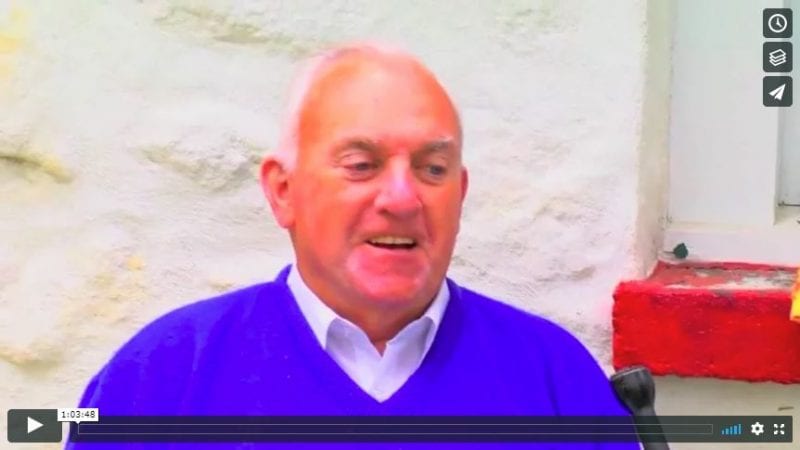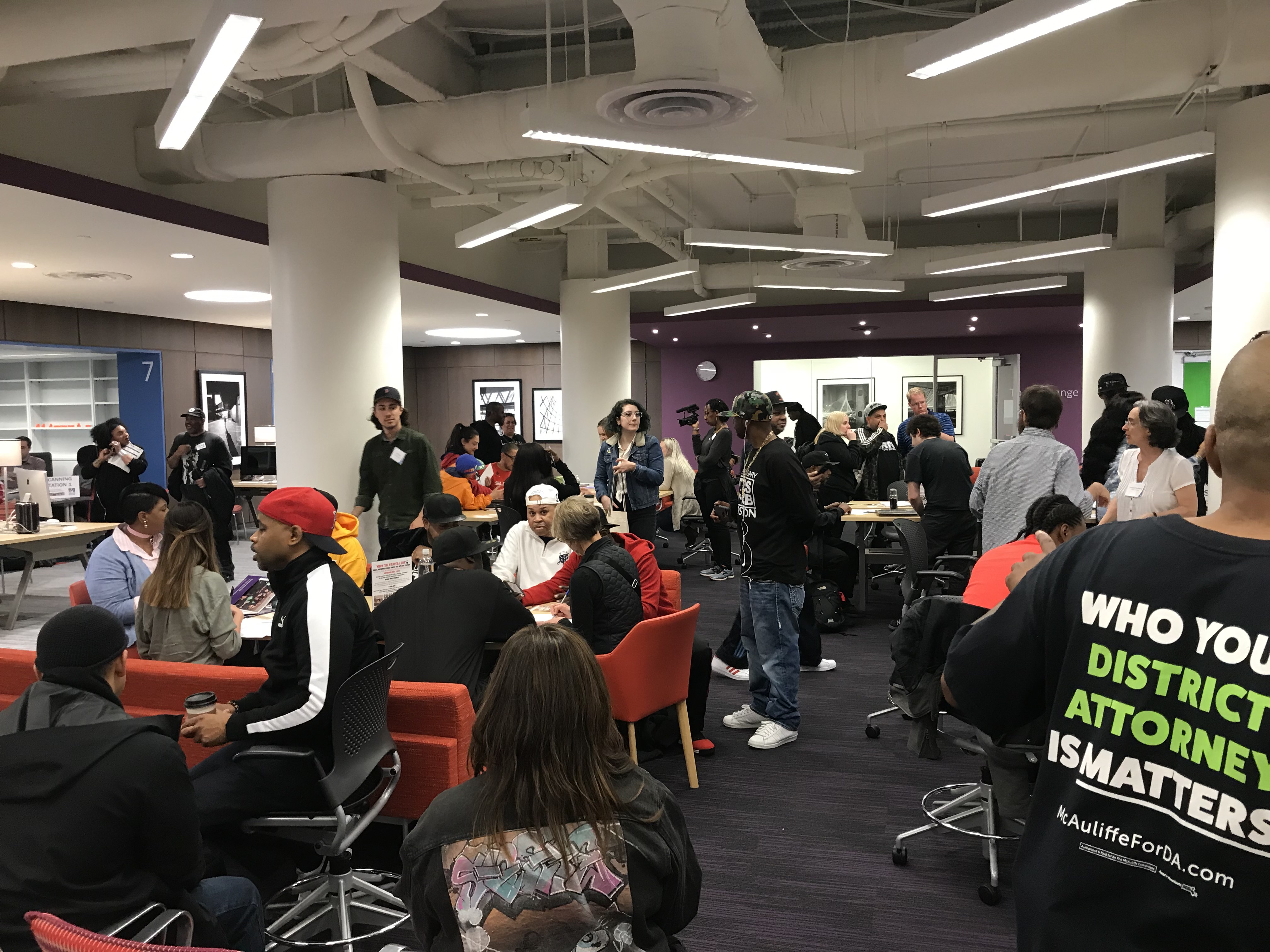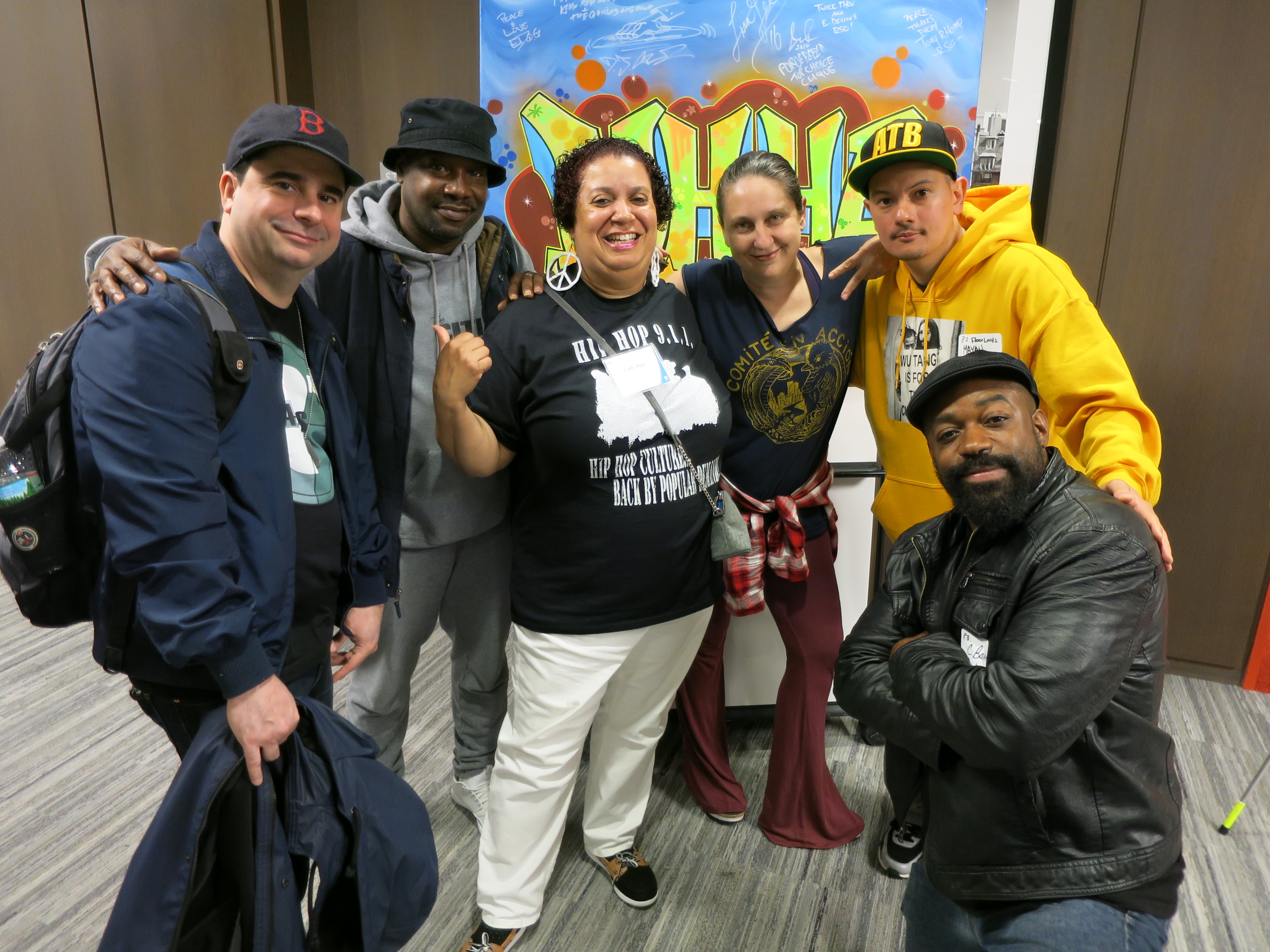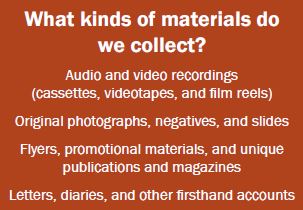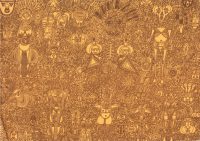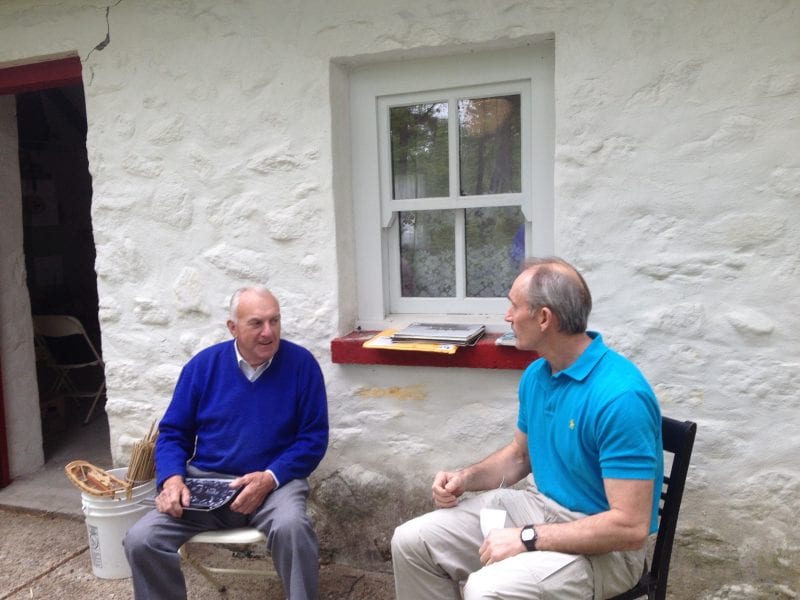
Mike Newell interviewing Johnny Joyce the morning of May 21, 2016, at the Irish Cottage, Irish Cultural Centre 200 New Boston Drive, Canton, MA.
The first video interviews from “Boston and the Irish Language: Fifty Years of Cultural Connection in Oral History” are now available for research. The project documents the life stories of recent immigrants from Ireland to greater Boston whose first language is Irish. The interviews explore shared experiences of emigration, assimilation, employment, and the challenge that Irish-speaking Americans experience in maintaining cultural memory and contact with communities in the homeland and in the United States. Each interview in the collection is presented with a brief biographical summary, Irish-language transcriptions, and English translations.
Researchers can access the first two video interviews of “Boston and the Irish Language.” Johnny Joyce (born in 1936) of Inis Bearachain (Inishbarra) and Dorchester, describes his experiences as a former pressman for the Boston Globe who organized local dances and music sessions as well as currach races on Carson Beach. Johnny Molloy (born in 1938) of Bantrach Ard, South Boston and North Easton, recalls his days working as a Boston police officer, teaching Irish, and participating in local music sessions. View the interviews here.
The project is coordinated by Brian Frykenberg of Cumann na Gaeilge imBoston (The Irish Language Society of Boston), with assistance from Assistant Professor Natasha Sumner and doctoral student Greg Darwin in the Department of Celtic Languages and Literatures at Harvard University. At UMass Boston’s University Archives & Special Collections, Carolyn Goldstein, Public History and Community Archives Program Manager, and Andrew Elder, Interim University Archivist and Curator of Special Collections, serve as general advisors.
By February 2019, the “Boston and the Irish Language” team plans to conduct and record a total of ten interviews with speakers of Connemara Irish living in the Boston area. In addition to the two interviews currently available, two further interviews—with Peggy Cloherty of Brookline and Mary O’Toole of Hanover—have been conducted and are currently being transcribed and processed. Project coordinators are actively seeking further narrators for the initial phase of this project, and they welcome interviewees from throughout New England, and from every Irish-language speaking area in Ireland, as the scope of this project broadens.
A public presentation on the project themes will be delivered during the coming academic year. Check this site for future updates.
The project is sponsored by Cumann na Gaeilge imBoston (The Irish Language Society of Boston) and supported by a grant from Mass Humanities.
For more information, contact Brian Frykenberg: 978-289-7060 (cell), frykenberg@comcast.net.
University Archives & Special Collections in the Joseph P. Healey Library at UMass Boston collects materials related to the university’s history, as well as materials that reflect the institution’s urban mission and strong support of community service, notably in collections of records of urban planning, social welfare, social action, alternative movements, community organizations, and local history related to neighboring communities.
University Archives & Special Collections welcomes inquiries from individuals, organizations, and businesses interested in donating materials of an archival nature that that fit within our collecting policy. These include manuscripts, documents, organizational archives, collections of photographs, unique publications, and audio and video media. For more information about donating to University Archives & Special Collections, click here or email library.archives@umb.edu.
